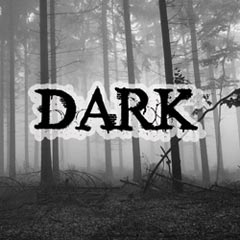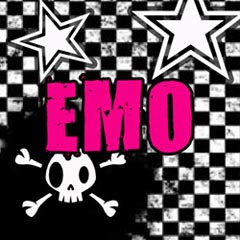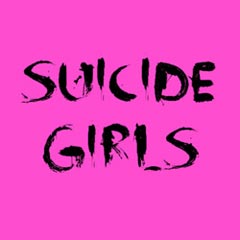Rebellion
Break the chains, do it!. Music has been known throughout time to act as an agent of defiance. Growing from street marches to mainstream anthems, jams from the rebellion have consistently pushed the culture forward. Head-bopping tracks and bass drops laced with honeyed vocals propelled us out of complacency, facilitating open dialogue about political movements, dissension, and disruptive change. Music intrinsically connected beings across generation gaps and geographical boundaries — intent on using sound as a power to spread ideas of resistance and nonconformity that shape rebellion. Key voices who dared to be different continue to reverberate at every corner: igniting morals for challengers without fear, paving pathways bright with creativity and originality. Music Rebellion urges us all to foster freedom of expression remains capable to compose innovations that inspire.
Break the Chains: Embracing the Power of Rebellion Music
Music has always been an essential part of human society. But did you know that it has also been used as a tool for rebelling and defying norms? From the civil rights movement to the punk era and beyond, music has acted as a medium for change, pushing boundaries and breaking chains. In this article, we will explore the world of Rebellion music and why it matters now more than ever. We will delve into the history, the key voices that have shaped it and why it's essential to embrace its power.
Rebellion music has always been about challenging status quo and breaking the chains that bind us. Through its infectious rhythms, it has the power to bring people from different walks of life together in a common cause. One of the most iconic voices of this genre is Bob Marley, a Jamaican reggae musician whose music advocated for the liberation of people from oppression. His music remains relevant to this day, inspiring young and old alike to stand up for their beliefs and challenge injustice.
The punk era of the late '70s and early '80s was also a time when rebellion music came to the forefront. Bands like the Sex Pistols and The Clash were at the forefront of this movement, their music embodying the spirit of defiance and anti-establishment activism. Their punk anthems became a rallying cry for the disenfranchised and disenchanted youth who saw a voice in music.
Apart from its role in social movements, rebellion music has also been a vehicle for artists to express their individuality and creativity. It's not just about the lyrics but also about the unique blend of different musical elements. Jimi Hendrix's innovative guitar riffs, for example, revolutionized rock and roll and inspired generations of musicians.
Today, Rebellion music continues to thrive, with artists using their platforms to stand up for what they believe in. From Kendrick Lamar's politically charged lyrics to Billie Eilish's alternative take on pop music, the genre continues to evolve and push boundaries. It reminds us that music doesn't just exist for entertainment, but also as a tool to provoke thought and drive change.
Break the Chains: Do it! Rebel with music, embrace its diversity, and allow it to resonate within you. Let it inspire you to stand up for your beliefs and challenge injustice. Rebel music has always been about pushing boundaries – in sound and in thought. It has the power to unite people across cultures and generations, fostering freedom of expression through the mesmerizing sound of rebellion. It exists as a necessary voice that urges us all to look beyond the ordinary and embrace the unconventional, to dare to be different, to reimagine a world where change is not just an idea but an undeniable reality. So, the next time you feel like rebelling against the status quo, turn up your favorite rebellion track, feel its rhythm pulse through you, and let yourself be carried away by its raw energy. The chains that bind us are not unbreakable; with music as our guide, we can break them one beat at a time.





